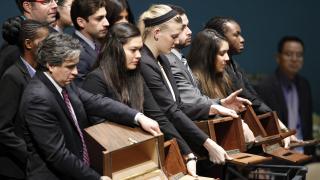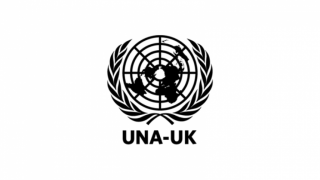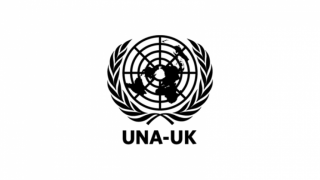
On 12 November, the UN General Assembly elected 18 new members to serve on the Human Rights Council (HRC).
The newly elected members are:
- African states: Gabon, Cote d'Ivoire, Ethiopia, Kenya and Sierra Leone.
- Asian states: Japan, Kazakhstan, Republic of Korea, Pakistan and United Arab Emirates
- Eastern European states: Estonia and Montenegro
- Latin American and Caribbean states: Argentina, Brazil and Venezuela
- Western European and other states: Germany, Ireland and the United States
The Western European and Other States Group (WEOG) was the only regional grouping to field a competitive slate with Greece and Sweden also competing for one of the three available seats. The WEOG election was hotly contested and the result seen as a coup for the US for whom it was a key test of their engagement with the body.
The four other regional groupings all fielded the same number of pre-agreed candidates as seats available, a practice which is within the rules but discouraged. Recent pressure placed on Sudan to step down from its candidacy to the Council was successful and the state was replaced by Kenya on the ballot.
In 2011 UNA-UK submitted recommendations to the UK Foreign & Commonwealth Office which called for:
Making it mandatory for HRC candidate states to follow the format for pledges recommended by OHCHR (currently voluntary guidelines), which includes:
- Listing international human rights instruments to which the state is already party and indications of intent to ratify further instruments and to withdraw reservations,
- Cooperation with Special Procedures, including extending standing invitations, responding to communications and implementing recommendations,
- Cooperation with treaty bodies, including timely submission of reports, and
- If the state has previously served on the Council, a history of cooperation on the HRC, including voting records.
In addition, UPR and follow‐up should be taken into account and, where possible, international and local NGOs should be consulted.
The fielding of 'clean slates' for elections by regional groups should be discouraged.
Finally, and this will be more difficult to attain, raising of the election threshold to a ¾ majority in the General Assembly.






